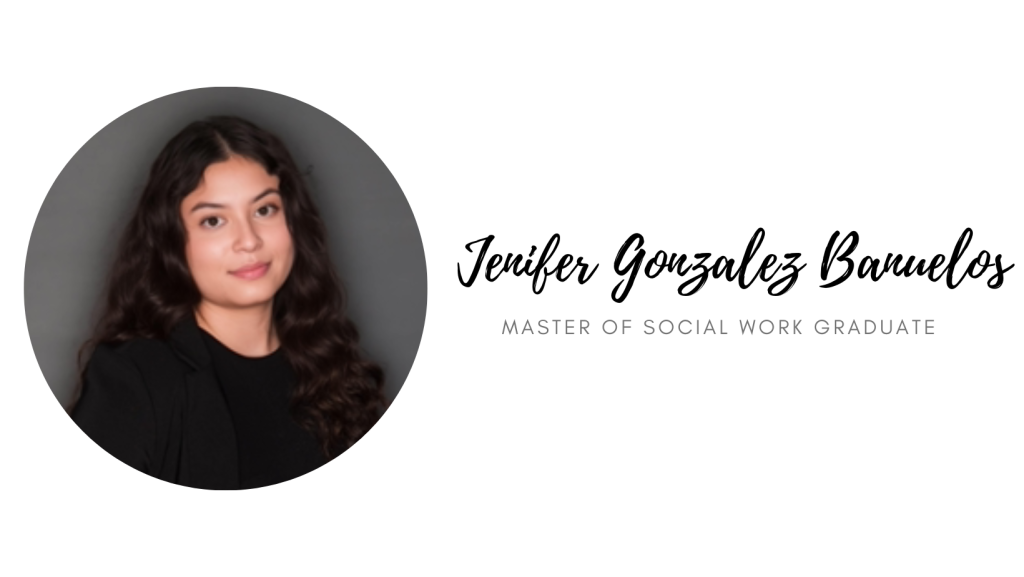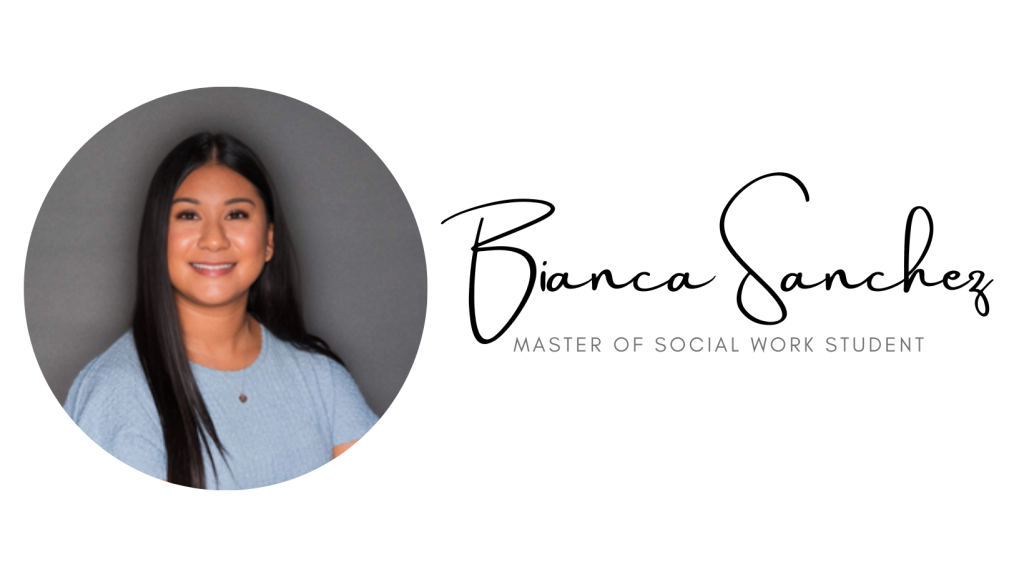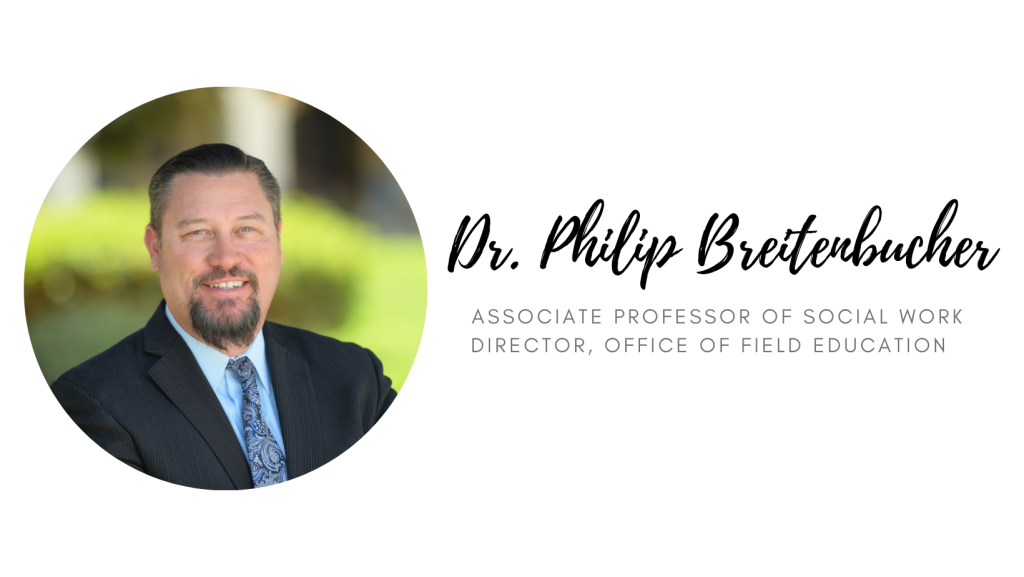Part 2 By Jenifer Gonzalez Banuelos

Has anyone ever told you to get out of your comfort zone? I have, and every time I heard it, I asked myself, well, how can I get out of my comfort zone? Where do I begin? The truth is, getting out of my comfort zone was difficult for me because I was afraid. Afraid of what you may ask? I am a first-generation graduate student focused on just trying to make it through the finish line without committing to other opportunities because I was afraid to fail. How can you fail at something you have never done? You can’t. You can only grow, but I had no idea where to begin networking and the opportunities that would come with it because I was stuck in my comfort zone. I had to be open to getting out of my comfort zone, interacting with other professors at the College of Behavioral and Social Sciences, and leaning toward growth opportunities.

My name is Jenifer Gonzalez Banuelos, and I am a Master of Social Work graduate student. As a result of networking, my eyes were open to the endless opportunities that come from networking, such as working with professors such as Dr. Breitenbucher and Dr. Gaona and becoming an invited speaker to present on the impact of social work inside a classroom. Networking allowed my abilities as a future social worker to flourish as the community liaison for the Social Worker Association for Multicultural and Multilingual Practice at California Baptist University. As a Research Assistant, I learned the benefits of research in our practice and how we can use the results to improve client services.
In doing research, I realized you need to be open to three things; the first is being able to work as a team. Hussain and Ashcroft (2022) say that in social work, you must demonstrate professionalism, credibility, clear goal setting, solution-focused problem solving, and effective collaboration to support others. If you can work in a team, you can integrate the ideas of different group members to initiate and complete a goal. The second is becoming a self-teacher/starter because, when doing research, you need to be open to the idea of teaching yourself how to create tables, organize your codes/themes, and receive constructive criticism to grow your skills. As a research assistant, I learned to begin one project and create another, which pushed me out of my comfort zone and taught me new skills. The third is being flexible and open to having weekly consultations with group members to discuss progress on the goal you are trying to reach.

In the study I worked on, I realized the impact of technology on social work and the rise of technology use through social work to interact and engage with families. If you are interested in doing research but don’t know where to start, begin with networking and being open to the idea of beginning a new project, collaborating with others, and growing your skill set. As a full-time graduate student and employee, I realized that the closer I got to graduation, the more I wanted to build on my resume. Begin seeking new and different opportunities because they will help develop you as a social worker and as an individual. Despite the caseload we may have at school, at our internship, or in our personal lives, being able to start something different will push you and teach you things you never thought were possible. Growing up, my mom always said, “Si Se Puede,” Now I say it to you as an encouragement that you can also do it.
Make sure you check out the other two blogs in this series : Back to School Night! Reflections and Encouragement HERE and Building Bridges, Building Success HERE!

Jenifer Gonzalez Banuelos is a Master of Social work graduate, graduating in April of 2024 with her master’s degree from California Baptist University. She has a bachelor’s degree in Behavioral Science and a concentration in social work. Jenifer is a bilingual first-generation college graduate, and the first master’s and bachelor’s graduate in her family. She has over five years of experience working with our early childhood populations, serving families in providing parent training, psychoeducation, and mentorship. Post-graduation, she will be working towards licensure to become a licensed clinical social worker.








